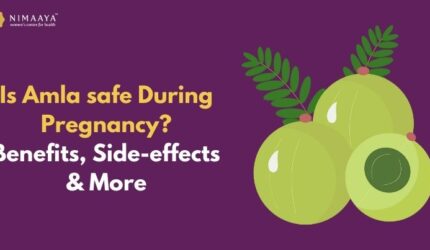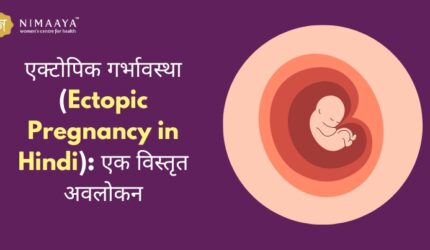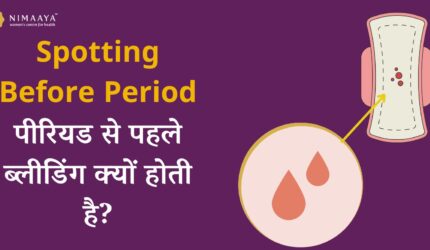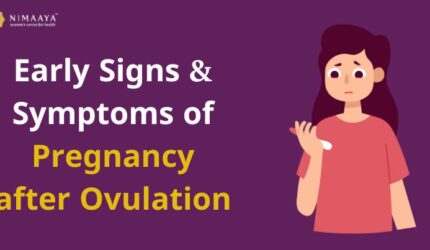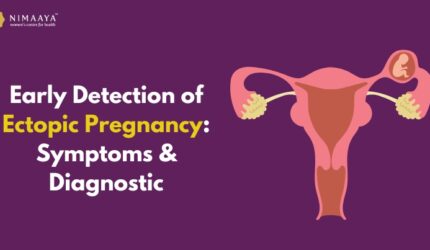Pregnancy is such a sensitive and transformative stage that every bite you take is, so to say, nourishment for two. Among the many cravings pregnant women in India have for various foods, Maggi noodles during pregnancy, comfort food that cooks in mere minutes and is nearly impossible to resist, stands out. But then there is the million-dollar question: is Maggi safe during pregnancy? Doctors emphasize the importance of maintaining a balanced diet and practicing mindful eating during pregnancy.
With opposing opinions from family members, internet sources, and even medical forums, it becomes important to put our trust in physicians and scientific rationale for clarity. Let’s take a deep dive into what doctors have to say about Maggi, its ingredients, potential adverse effects, and whether occasional consumption of Maggi in pregnancy can be allowed when expecting.
1. Understanding Maggi’s Ingredients

Before understanding the safety of Maggi during pregnancy, it is essential to examine its ingredients. A normal packet of Maggi contains:
- Refined wheat flour (Maida) noodles
- Tastemaker (spice mix) with:
- Salt
- Hydrolyzed vegetable protein (HVP)
- MSG (monosodium glutamate)
- Artificial flavorings
- Preservatives
- Spices
These ingredients are all legal in processed food, but pregnancy changes the guidelines behind a diet, and just because it is safe for an ordinary person does not mean it is good for a pregnant woman.
People also ask about Twin Pregnancy: Types, Symptoms, Causes and Risk Factors
2. Physician-Approved Issues with Consuming Maggi When Pregnant
a) Excessive Sodium

Maggi seasoning has a high concentration of salt and sodium. This can be harmful while pregnant. An excessive amount of sodium consumption might cause:
- Water retention and bloating
- Elevation in blood pressure
- Increased risk of preeclampsia during pregnancy
b) Content of MSG (Monosodium Glutamate)

MSG is a flavor enhancer contained in the Tastemaker. While the FDA deems MSG safe for common use, other studies associate high levels of consumption with:
- Headaches
- Nausea
- Allergic responses
- Possible neurotoxicity in high dosages during pregnancy
Pregnant women are more reactive to additives, and some might feel ill even at standard levels of MSG.
c) Refined Flour (Maida) Base
Maggi noodles contain refined wheat flour, which is fiber- and nutrient-free. Consuming excessive maida may:
- Result in constipation during pregnancy
- Increase blood sugar levels
- Make weight gain unhealthy
Refined carbohydrates in pregnancy also do not benefit the nutrition required, where complex carbohydrates, fiber, and whole cereals are ideal.
d) Artificial Preservatives and Flavors
The Tastemaker contains chemical preservatives and taste enhancers. They are not toxic by themselves but must be strictly avoided during the first trimester of pregnancy when fetal growth is crucial.
Read More: Pregnancy Me Kya Khana Chahiye
3. Occasional Consumption: Is It Ever Okay?
The occasional use of Maggi during pregnancy is claimed to not present any harm if a doctor can support this stand, provided that:
- The habit does not permit daily or regular consumption
- Eat only a small amount
- Try to improve nutritional value when consuming Maggi
Know More : Early Signs and Symptoms of Pregnancy after Ovulation
4. How to Make Maggi Healthier for Pregnancy
The following doctor-recommended tips to make Maggi healthy in pregnancy can assist if you just cannot help but have it sometimes:
Vegetables:
Include spinach, carrots, peas, tomatoes, or bell peppers, all finely chopped, for added fiber, vitamins, and minerals.
Protein:
Add boiled eggs, paneer cubes, or tofu as good protein sources, which support fetal growth.
Halve the Tastemaker:
Reduce the salt and MSG by nearly half. Use natural spices such as turmeric, cumin, or garlic powder for flavor.
Don’t Overcook:
Overcooking Maggi can kill off any remaining nutrients. Opt for a quick cook with minimal water.
Drink Plenty of Water:
Since Maggi is fiber-poor, ensure you drink plenty of water to prevent pregnancy constipation.
5. When You Should Avoid Maggi Completely During Pregnancy
Physicians might advise total exclusion of Maggi under the following conditions:
- High-risk pregnancy
- Gestational hypertension or preeclampsia
- Gestational diabetes
- Chronic constipation during pregnancy
- First-trimester nausea or vomiting
In such cases, processed food like Maggi can aggravate symptoms or complicate pregnancy.
Read More : Pregnancy Me Aam Khana
6. Cravings vs. Nutritional Needs: Finding the Balance
Pregnancy cravings for Maggi are real and often uncontrollable. But indulging them consciously is important. A small amount of Maggi once in a while during pregnancy can be psychologically fulfilling—mental well-being counts too.
But not at the cost of unborn baby’s nutrition. Always opt for home-cooked food rich in iron, calcium, protein, and folic acid.
7. Myth-Busting: Maggi and Lead Controversy
In 2015, Maggi made headlines when it was temporarily banned due to lead contamination fears in India. The truth:
- Nestlé India presented lab test proof meeting national safety standards
- The ban was lifted after clarifications
- Regulatory agencies now frequently test Maggi for compliance
That being said, always check expiry dates, buy from reputed stores, and avoid any expired stock.
Read More: Spotting Before Period
Conclusion: Moderation Is Key – And So Is Expert Guidance from Nimaaya

In short: Maggi is not harmful in pregnancy, but it’s best not to rely on it. It provides zero essential nutrients that a growing fetus needs. Plus, it’s high in salt and additives. But if you have a strong Maggi craving during pregnancy once in a while and your pregnancy is normal—go ahead. Just:
- Add vegetables and protein
- Halve the Tastemaker
- Watch your portion size
At Nimaaya Women’s Center, holistic maternal care is the prime focus. Their gynecologists(Dr. Pooja Nadkarni Singh) and nutritionists offer pregnancy-safe diet guidance to help expectant mothers manage cravings, avoid risky foods, and stay healthy. Whether you’re worried about weight gain, digestion, or pregnancy-safe food options like Maggi, Nimaaya’s integrated care ensures you are supported every step of the way.
FAQs: Maggi During Pregnancy
Q1: Can I eat Maggi in my first trimester?
A: It’s best to avoid it in the first trimester when the baby’s organs are developing. If consumed, keep it rare and modify it with vegetables.
Q2: Is there any pregnancy-safe version of Maggi?
A: Choose atta or millet noodles, skip the full Tastemaker, and cook with fresh veggies.
Q3: Does Maggi cause miscarriage?
A: No direct evidence links Maggi to miscarriage, but poor nutrition and high-sodium diets can contribute to complications.
Q4: How often is it too often to eat Maggi during pregnancy?
A: Doctors recommend no more than once a week—less if you have high-risk factors.
Q5: What instant food is better than Maggi for pregnant women?
A: Masala oats, homemade seviyan, khichdi, or poha are more nutritious and pregnancy-friendly.


